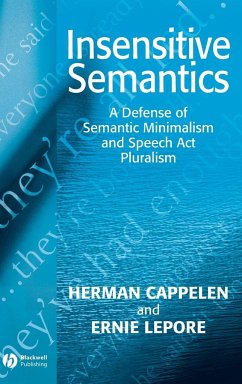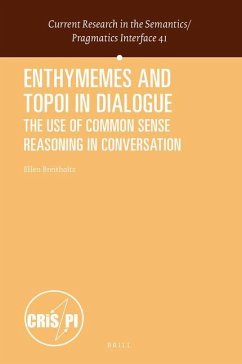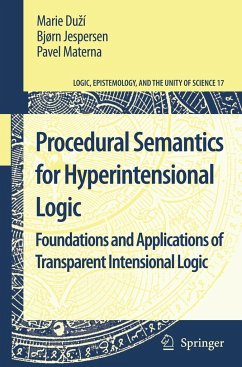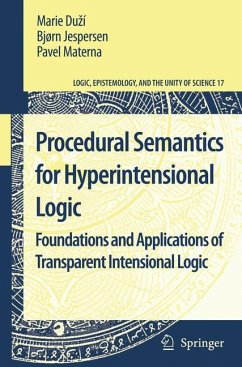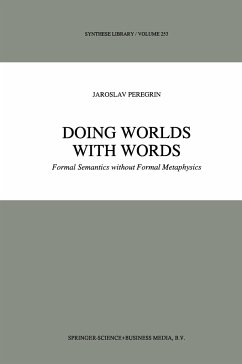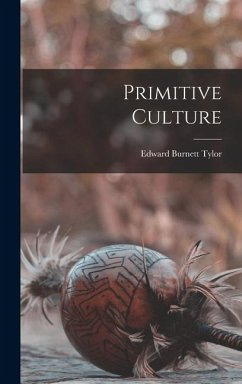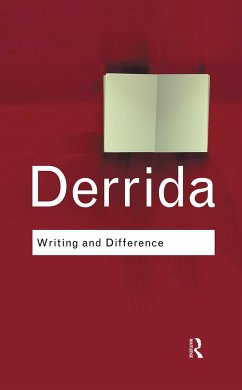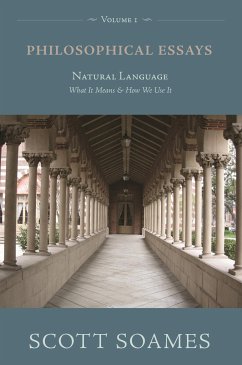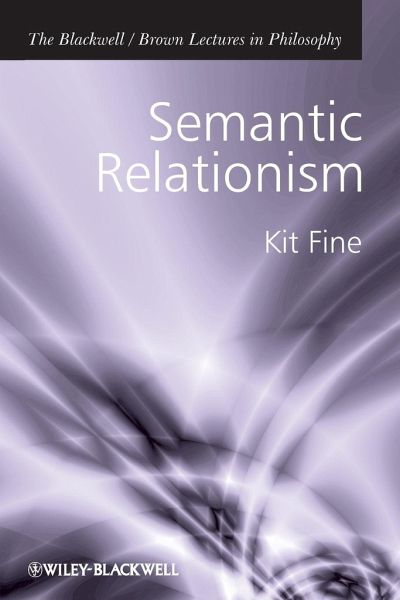
Semantic Relationism
Versandkostenfrei!
Versandfertig in über 4 Wochen
37,99 €
inkl. MwSt.
Weitere Ausgaben:

PAYBACK Punkte
19 °P sammeln!
Kit Fine argues for a fundamentally new approach to the study of representation in language and thought. His key idea is that there may be representational relationships between expressions or elements of thought that are not grounded in the intrinsic representational features of the expressions or elements themselves. This idea is shown to lead to solutions to many of the standard puzzles in the area - Frege's identity puzzle, Kripke's puzzle about belief, and Moore's paradox of analysis. It is also shown to lead to a more defensible form of direct reference theory - one that is immune to man...
Kit Fine argues for a fundamentally new approach to the study of representation in language and thought. His key idea is that there may be representational relationships between expressions or elements of thought that are not grounded in the intrinsic representational features of the expressions or elements themselves. This idea is shown to lead to solutions to many of the standard puzzles in the area - Frege's identity puzzle, Kripke's puzzle about belief, and Moore's paradox of analysis. It is also shown to lead to a more defensible form of direct reference theory - one that is immune to many of the objections that the Fregeans have leveled against it. Based upon the first Brown/Blackwell lecture series and the John Locke lectures, this ground-breaking work is essential reading for anyone interested in the general nature of representation.



